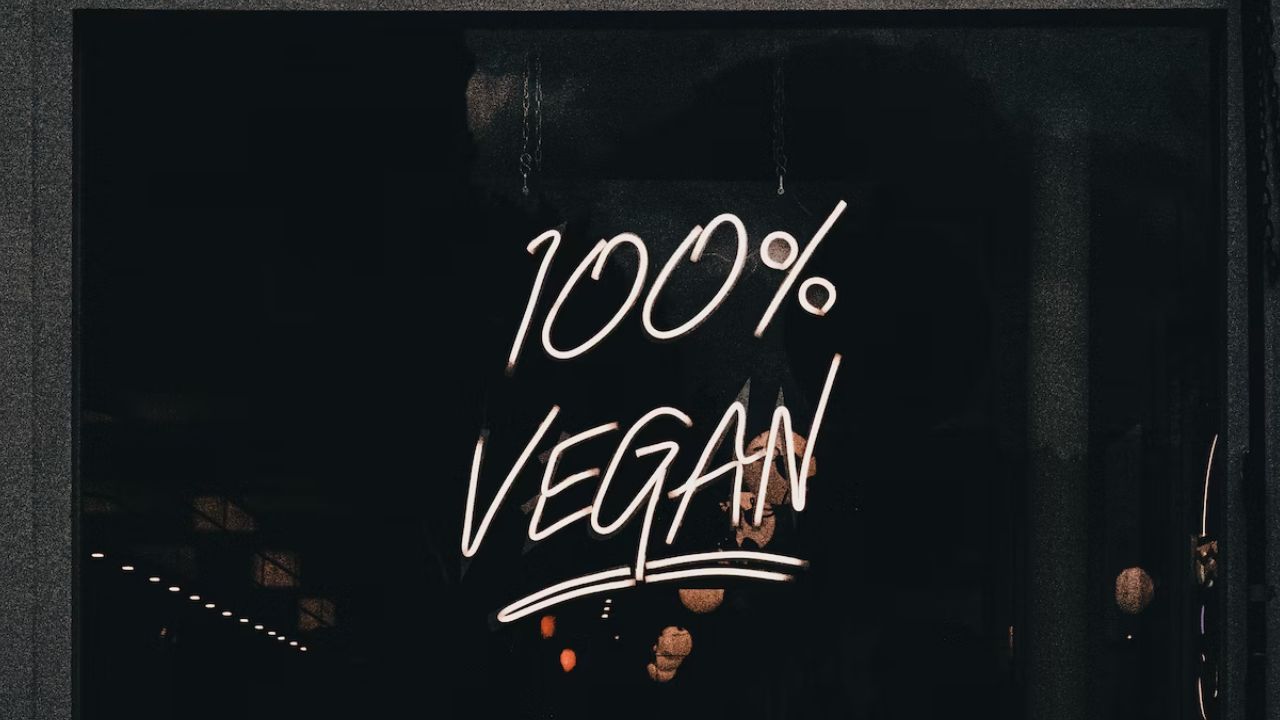By Nishtha Pandey
The beauty and personal care market in India, valued at over Rs 90,000 crore in 2018, is projected to soar to Rs 2,46 lakh crore by 2024, with a compound annual growth rate (CAGR) of approximately 18.40 percent. What’s even more intriguing is the burgeoning popularity of vegan products, particularly among the conscientious Gen Z population.’
As the demand for cruelty-free and eco-conscious choices gains momentum, the rise of vegan beauty products has become something of a phenomenon. The global market for vegan cosmetics is estimated at $15.1 billion in 2020 and is expected to track $21.4 billion by 2027, according to a report released by ReportLinker. The vegan cosmetics market in the US is estimated at $4.1 billion in 2020, the report says.
“Our primary consumer comprises Generation Z and millennials. These generations are characterised by their conscious mindset and a strong desire to drive meaningful change, both for themselves and the environment. They actively seek out brands that not only claim to follow sustainable practices but also genuinely demonstrate a commitment to them. In today’s era, promoting result-oriented beauty solutions is a top priority,” said Anurag Kedia, co-founder of D2C personal care brand Pilgrim.
Conversations with his mother and sister as a kid about natural remedies for hair and skin care are what led to the start of the journey for IIT graduate Kedia to build Pilgrim.
“As a child, I was close to my mother and sister, and they were like my first friends. I often heard them discussing skincare and hair care issues and remedies and my mother was also inclined towards natural remedies. With time, I developed a thorough understanding of skin and hair care remedies and started advising my sister and her friends. I realised natural remedies weren’t only an Indian concern but also a global concern and that’s what inspired me to start a brand that would cater to these needs,” added Kedia.
The brand is catering to Gen Z not just with the natural and vegan approach but also following the beauty and wellness trend of Korean skincare. “I started exploring other natural ingredients from different countries that were unavailable in our country and started offering the products to Indian consumers,” said Kedia.
When it comes to Gen Z, one of the trends in the West — which is also catching on in India — is the Korean skincare routine. Pilgrim was quick to spot this and introduced a selection of Korean beauty items, including hair conditioners, facial creams, and a Vitamin C night serum.
These products use ingredients such as volcanic lava ash, as well as white lotus and camellia sourced from South Korea’s Jeju island. Pilgrim also has products inspired by the Amazonian beauty secrets which mix Nature’s elements with Gen Z’s current favourites AHAs (alpha-hydroxy acids) and BHAs (beta hydroxy acids).
In terms of funding, the brand has raised Rs 50 crore till March 2023. Besides tapping the Gen Z market in India, there is also an increasing focus on the non-metro cities. Kedia said 65 percent of the brand’s sales come from non-metro cities.
Pilgrim has seen its sales rising from Rs 10 crore to Rs 20 crore in the last six months. Kedia said the brand hopes to break even by the second quarter of calendar year 2024. At the channel, or distribution, level, the company is already profitable.
“We have become a Rs 200-crore annual recurring revenue (ARR) brand in July 2023 and also (eye) an ARR of Rs 1000 crore by 2025,” added Kedia.
Marketing right to tap the Gen Z
There is merit in the fact that Gen Z is taking the beauty industry by storm. A lot of global beauty brands are redefining their marketing strategies, positioning their products to go viral on social media, launching quirky campaigns to engage with their audiences, and even leveraging tools like artificial intelligence (AI) and ChatGPT to effectively communicate with this digitally-savvy consumer base.
For instance, in the West brands such as e.l.f Cosmetics, Glossier, Maybelline, Kosas, Tower 28 and Rare Beauty are investing to market to the Gen Zs. e.l.f. successfully tweaked its marketing and social media strategy to become a Gen Z favourite, with products like the Power Grip primer and Halo Glow liquid filter foundation. It has seen much of its success on platforms like TikTok, which several brands in the US are leveraging to communicate with Gen Z.
Kedia pointed to a similar trend is seen in India. “Strategic marketing efforts have also played a pivotal role,” he added. For Pilgrim, one of the celebrity-led campaigns led to a surge in its sales.
